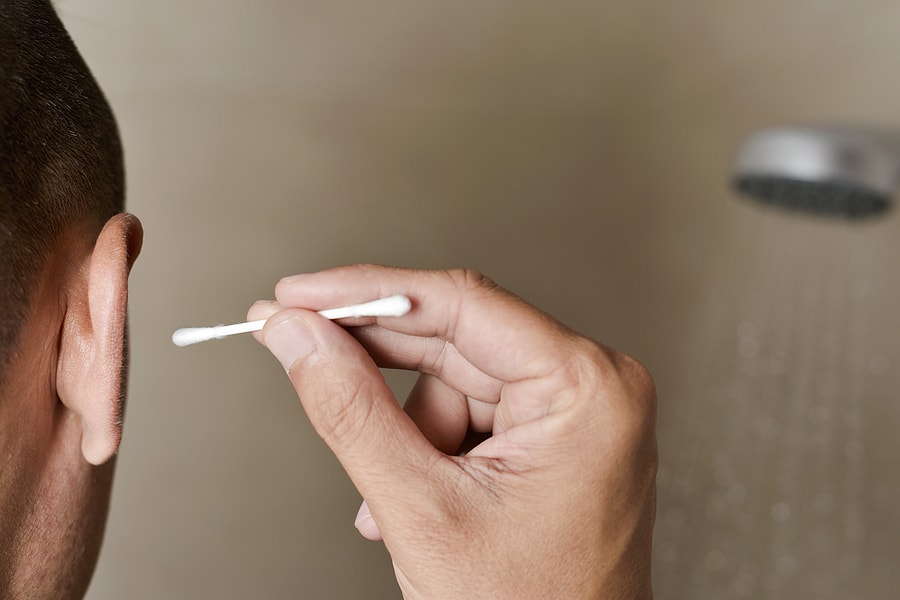
Hearing is an essential part of our lives, connecting us to the world and enabling us to communicate and navigate our environment. However, like any precious asset, our hearing requires daily maintenance and care to ensure it remains in optimal condition. As a hearing professional, I believe it is crucial to emphasize the significance of daily hearing health maintenance and the latest advancements in hearing loss prevention, diagnosis, and management. In this article, we will explore the key aspects of maintaining hearing health, the latest research in the field, potential futuristic interventions, and the pivotal role of early detection.
The Daily Maintenance Routine
Daily maintenance for hearing health might sound simple, but the impact it has on preventing hearing loss is substantial. Let’s take a closer look at some of the daily practices individuals can adopt to protect their hearing:
Volume Control:
The first and foremost step in hearing health maintenance is controlling the volume of your audio devices, such as headphones and speakers. Listening to music, podcasts, or watching videos at excessive volumes can cause irreversible damage to the delicate structures within your ears. To protect your hearing, limit your listening to safe levels and take regular breaks to allow your ears to rest.
Ear Protection:
When exposed to loud environments, whether it’s a concert, a construction site, or even mowing the lawn, wearing hearing protection like earplugs or earmuffs is essential. These protective devices significantly reduce the intensity of sound reaching your ears, safeguarding your hearing from potential harm.
Regular Cleanings:
Cleaning your ears properly is another essential aspect of hearing health maintenance. Excessive earwax can block your ear canals, impacting your ability to hear. It is advisable to avoid using cotton swabs, as they can push wax deeper into the ear. Instead, consider using a washcloth to gently clean the outer ear or consult with an audiologist for professional cleaning if you suspect wax buildup.
The Latest Advancements
The field of audiology and hearing health has seen remarkable advancements in recent years, both in prevention and management of hearing loss.
Protective Technology:
Technological innovation has led to the development of advanced hearing protection devices. These devices are designed to monitor sound levels in real-time and provide instant feedback to the user. This technology enables individuals to take control of their hearing protection and avoid exposure to harmful noise levels.
Hearing Aids:
Hearing aids have come a long way from the bulky and uncomfortable devices of the past. Today, they are smaller, more discreet, and offer sophisticated features like noise cancellation and Bluetooth connectivity. These advancements make it easier for individuals with hearing loss to lead fulfilling lives.
Early Detection:
Early detection of hearing issues is crucial for effective management. Audiologists now have access to advanced diagnostic tools, allowing for more accurate and comprehensive assessments of an individual’s hearing. Regular hearing screenings and check-ups are essential, especially for individuals at higher risk of hearing loss.
Potential Futuristic Interventions
The future of hearing health is promising, with potential interventions that could revolutionize the field. While these are not yet widely available, they offer hope for individuals with hearing impairments.
Hair Cell Regeneration:
Scientists are exploring the possibility of regenerating damaged hair cells within the inner ear. This could potentially reverse some forms of hearing loss and restore hearing capabilities.
Cochlear Implants:
Ongoing research in the field of cochlear implants is focused on improving their performance and expanding their application. Future cochlear implants may offer even more precise and natural hearing experiences.
Gene Therapy:
Gene therapy has shown promise in treating certain genetic forms of hearing loss. As this technology advances, it may become a viable option for individuals with hereditary hearing impairments.
The Importance of Early Detection
Early detection is a cornerstone of hearing health. The sooner potential issues are identified, the more effectively they can be managed or even prevented. Regular hearing screenings and check-ups are crucial, especially for those at risk of hearing loss due to factors like genetics, exposure to loud environments, or age.
Hearing loss often progresses gradually, and many individuals may not notice the decline in their hearing until it becomes a significant problem. Early detection enables timely intervention, which can include lifestyle adjustments, hearing aids, or other therapies to mitigate the effects of hearing loss.
Additionally, early detection can help identify underlying health conditions that may contribute to hearing loss, such as cardiovascular disease or diabetes. Addressing these health issues promptly can not only protect your hearing but also your overall well-being.
Maintaining hearing health is a lifelong commitment, and it requires daily attention and care. As hearing professionals, we are dedicated to helping individuals protect and preserve their hearing through education, advanced technology, and compassionate care. The latest advancements in hearing loss prevention, diagnosis, and management offer hope for the future, and early detection remains the key to successful outcomes.
By adopting a daily maintenance routine and staying informed about the latest developments in the field, you can enjoy a lifetime of clear, vibrant hearing. Remember that your hearing is a precious gift, and by taking proactive steps to care for it, you can continue to enjoy the sounds of life to the fullest.
